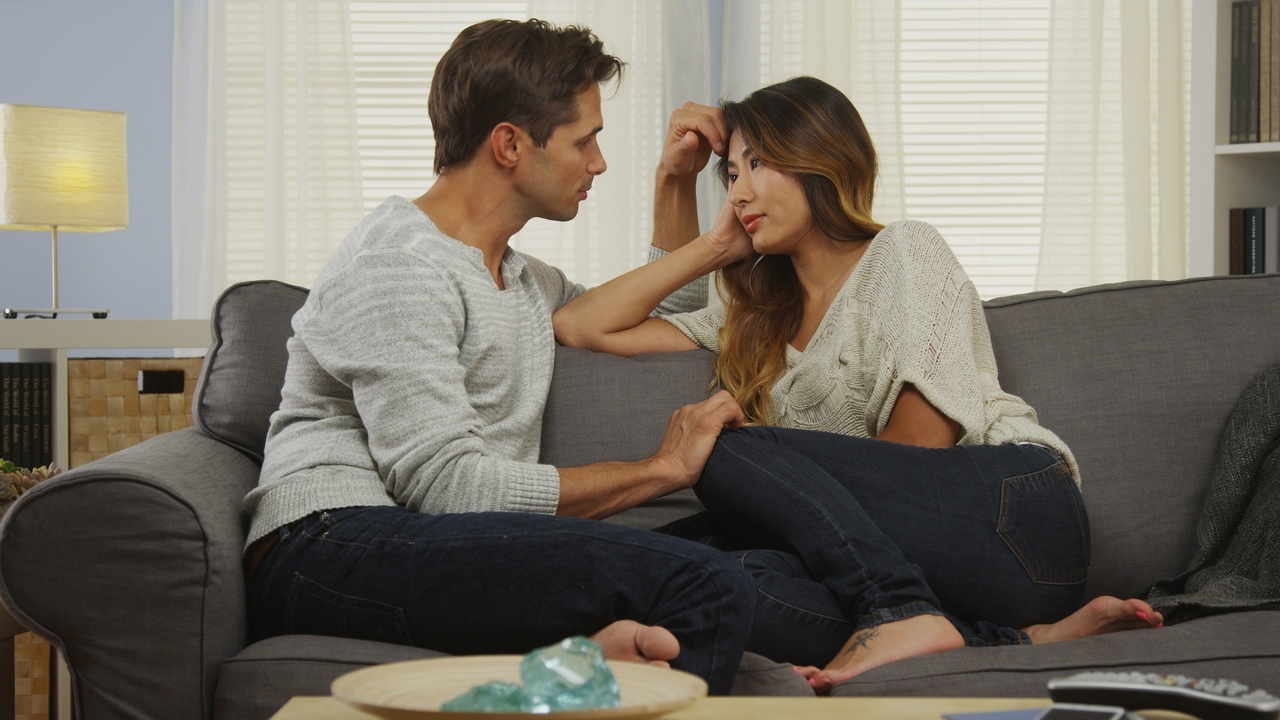 Victosha2011/PhotoSpin
Victosha2011/PhotoSpin
You may be concerned that you have a sexually transmitted disease (STD) but you're uncomfortable about going to a doctor. If you search the Web, there are a number of sites that offer home testing. But are they reliable? Are they approved by the Food and Drug Administration (FDA)?
According to Wisegeek.com, at-home STD testing is unlikely to be as accurate as those done in a doctor’s office. The accuracy may be affected by errors in how you collect the sample, or problems due to the storage and handling of the sample, if it is mailed back to the lab.
There is no way to know if the lab meets the same stringent standards that known labs use. All these things could lead to false negatives.
Additionally, many STD results should be discussed with a doctor at the time the result is returned from the lab so you can receive proper treatment. This may or may not be available to you from the testing lab.
In July 2012, the FDA did approve a home-HIV testing using an oral swab manufactured by OraSure Technologies.
The OraQuik test can be read in 20 minutes. It costs $40 and has an accuracy rate of 93 percent for true positive results according to the New York Times, though true negatives are almost 100 percent accurate.
There is an 800-phone number for people to call to discuss the results of their test. OraSure staff are able to refer callers to doctors via their zip code for followup.
According to a study by Grasek et. al., “the U.S. FDA has not approved any chlamydia/gonorrhea assay for home-collected samples.” They went on to say that it would be a prudent move for the FDA to require regulatory approval of at-home testing since results can be unreliable.
NBC.com reported that some of the online labs don’t even reliably report the results back to the people who paid to have them done.
Charlotte Gaydos, an STD and public health expert at the Johns Hopkins University School of Medicine in Baltimore sent six tests to various online lab test companies to check their reliability.
Only four returned the tests and two never responded back to her despite repeated attempts to make contact. Half of them came back with false negatives even though Gaydos had purposely sent samples loaded with chlamydia bacteria.
“This needs to be controlled and so far the FDA has not been controlling these sites,” said Gaydos, who declined to name the specific companies to NBC.com.
In a move to enforce some regulation, the FDA did send a warning letter November 2010 to a company called Identigene, that was offering home urine testing for chlamydia and gonorrhea sold through Rite Aid.
Indentigene was instructed to cease selling the test in stores, though NBC news.com stated that the FDA allowed Indentigene to continue to provide the test while it was under “enforcement discretion” to work on the approval process.
The urine test no longer seems available for purchase online or in stores. But, it does appear that Identigene is going through clinical trials with the product and has an estimated completion date of June 2014.
There is a great need for reputable, reliable, private STD testing. Sexually transmitted infections are a tremendous public health concern.
Many people avoid or are reluctant to go to clinics for testing. NBC.com states that while 1.1. million cases of chlamydia are diagnosed each year, it is estimated that there are millions of cases of chlamydia that go undiagnosed since symptoms are not always evident.
Currently the most reliable way to have STD testing is to go to an authorized lab that tests for these diseases.
One source is National HIV and STD Testing Resources, a service through the Center for Disease Control and Prevention (CDC) at http://hivtest.cdc.gov/STDTesting.aspx/ Put in your zip code and check type of test you need to locate a lab.
Another CDC testing site is HIV-ACT against AIDS at http://www.cdc.gov/actagainstaids/resources/reasons/index.html/
Gaydos and the CDC have also created a pilot program where people can get a free at-home test by going to the website http://www.iwantthekit.org or by ordering over the phone for those who live in Alaska, Denver, Maryland, West Virginia, Philadelphia, Washington, D.C., and some Illinois counties.
Sources:
1. How Accurate Are STD Home Tests?
http://www.wisegeek.com/how-accurate-are-std-home-tests.htm
2. First Home Test For HIV May Cut Down New Infections.
http://www.npr.org/blogs/health/2012/07/03/156220577/new-home-test-for-h...
3. Another Use for Rapid Home H.I.V. Test: Screening Sexual Partners.
http://www.nytimes.com/2012/10/06/health/another-use-for-home-hiv-test-s...
4. At-home STD tests private, but sometimes wrong. Some companies never sent results, or sent inaccurate ones, researcher found. NBCnews.com.
http://www.nbcnews.com/id/42599128/ns/health-sexual_health/t/at-home-std...
5. Graseck, Anna S et al. Home versus clinic-based specimen collection for Chlamydia trachomatis and Neisseria gonorrhoeae. Expert Rev Anti Infect Ther. 2011 February; 9(2): 183–194.doi: 10.1586/eri.10.164
http://www.ncbi.nlm.nih.gov/pmc/articles/PMC3097250
Michele is an R.N. freelance writer with a special interest in woman’s healthcare and quality of care issues. Other articles by Michele are at www.helium.com/users/487540/show_articles
Edited by Jody Smith





Add a Comment3 Comments
I have to agree with the earlier comment from Jenny, that this is an important topic. And we should be reminded of the risks that are out there. Also, I am wondering if the tests have gotten better, since the article was posted. Michele I was wondering if you have done anymore "updated" research on the matter. If so, I would like to read your opinion or comments. You mention at home tests kits vs office tests, and since I am on a budget would like to know what you think nowadays on the matter. Also, I like the information that I have found here http://stdtestoptions.info/ what do you think? I just want peace of mind and stay private.
May 20, 2015 - 11:57amThis Comment
Hello Anon,
I have not done recent research on this topic. I think the best way to be informed about STDs is to read info from a variety of sources. The site you linked is a blog and seems to have decent info but I just scanned it and it is just a blog, not info from a health site. In terms of using any online products, look for unbiased endorsement from organizations that are reputable such as the FDA or Planned Parenthood and the like.
take care,
Michele
May 20, 2015 - 7:32pmThis Comment
Michele,
Great article. This is such an important topic to cover.
Just wanted to let you know we featured it in the EmpowHER newsletter this week. Take a look: http://bit.ly/17se0Ji
Thanks again!
Jenny
June 25, 2013 - 10:57amThis Comment